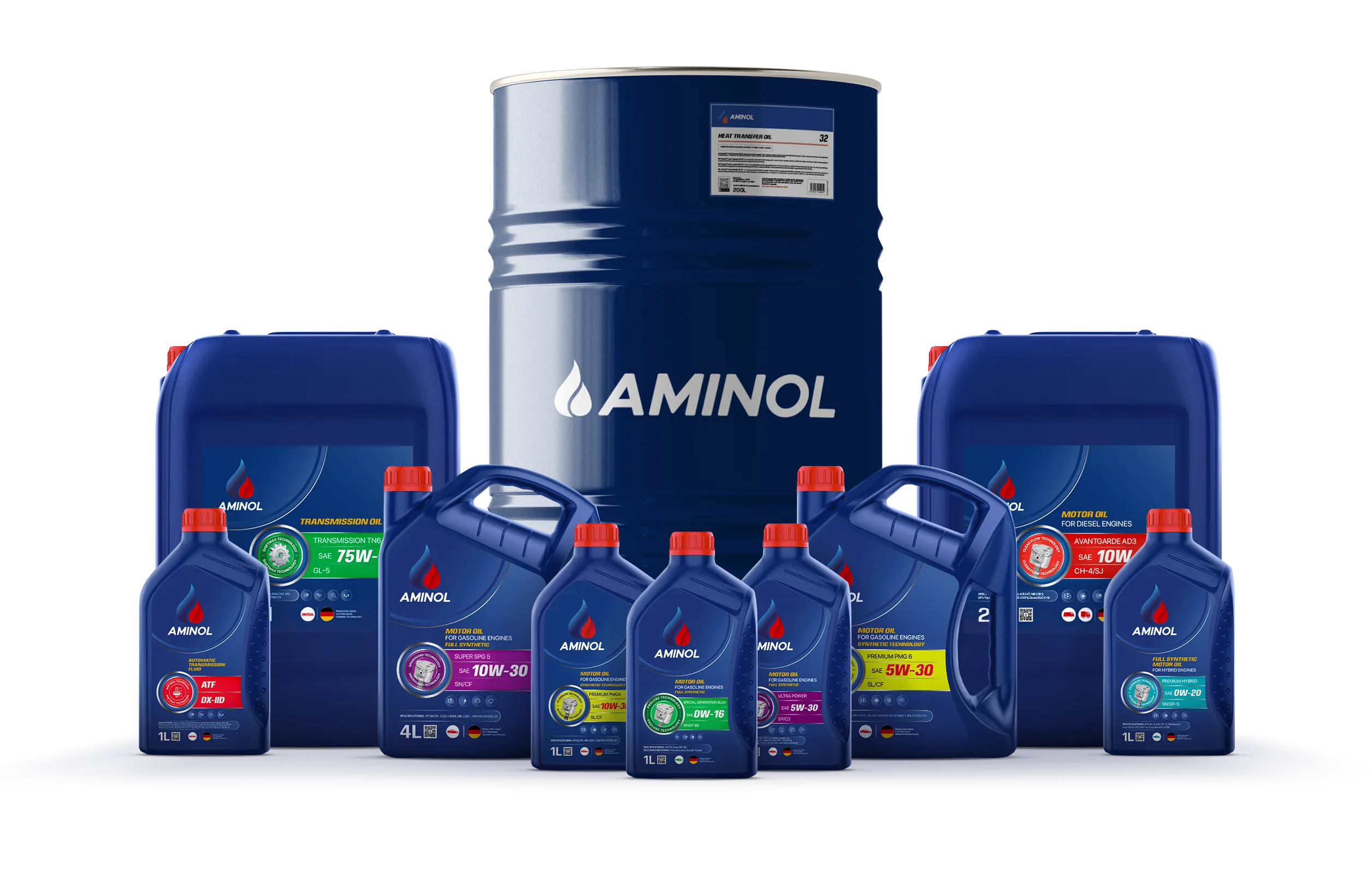Power. Protection. Performance.
Aminol delivers the strength your machines need, the protection they rely on, and the performance you expect—every time.
Our Partners

















AL/CF-0001
MoreAL/CF-0002
MoreAL/CF-0003
MoreAL/CF-0004
MoreAL/CF-0005
MoreAL/CF-0006
MoreAL/CF-0007
MoreAL/CF-0008
MoreAL/CF-0009
MoreAL/CF-0010
MoreAL/CF-0011
MoreAL/CF-0012
MoreMaximize Efficiency with Compressor Oils
Compressors are an integral part of industrial facilities and manufacturing processes. For them to operate reliably and have a long service life, compressor oils play a crucial role. These oils are specially formulated to protect mechanical parts, provide cooling, reduce friction, and improve energy efficiency.
Choosing the right compressor oil not only extends the life of the equipment but also minimizes the risk of unplanned downtime—an advantage that saves both time and money for businesses.
Reduce friction and prevent wear of internal components
Maintain thermal balance, preventing compressors from overheating
Protect against corrosion, stopping metal parts from rusting
Improve energy efficiency, allowing machines to run with less power
Minimize unexpected failures, ensuring uninterrupted production processes
Traditional formulation
Cost-effective
Suitable for light-duty equipment
Disadvantage: requires frequent replacement
High stability at elevated temperatures
Longer service life
Improved energy savings and reduced maintenance
Optimal choice for heavy-duty and demanding applications
Designed for compressors handling specific gases
High chemical stability
Ensures safety and widely used in specialized industries
Minimal environmental impact
Used as a modern alternative in sensitive applications
Comply with ecological standards
Compressor oils are used across a wide range of industries:
Metallurgy and manufacturing plants
Oil and gas industry
Power generation (electric plants)
Marine and shipping equipment
Chemical industry
This diversity shows that every sector requires the right type of compressor oil tailored to its needs.
Manufacturer’s technical recommendations
Proper viscosity grade
Temperature stability
Compliance with international standards (ISO, DIN, OEM)
Operating conditions and load intensity
Change the oil on time (every 2000–4000 hours; longer intervals for synthetic oils)
Avoid mixing oils from different brands or formulations
Keep oil filters clean
Always use certified and original products
Compressor oils play a strategic role in ensuring the safety and continuity of industrial operations. With the right selection and proper maintenance, you can extend the lifespan of your equipment while minimizing operational costs.
How often should compressor oil be changed?
Typically, every 2000–4000 operating hours. For synthetic oils, the interval can be longer.
What is the difference between synthetic and mineral compressor oils?
Synthetic oils offer longer service life and stable performance under high temperature and heavy-duty conditions. Mineral oils are more affordable but need more frequent replacement.
What should I consider when choosing compressor oil?
Key factors include viscosity grade, thermal stability, manufacturer’s recommendations, and compliance with international standards.
No. Mixing oils with different formulations may reduce performance and damage equipment.
Yes. Quality compressor oils reduce friction, maintain thermal balance, and can lower energy consumption by 5–10%.

Aminol delivers the strength your machines need, the protection they rely on, and the performance you expect—every time.
















